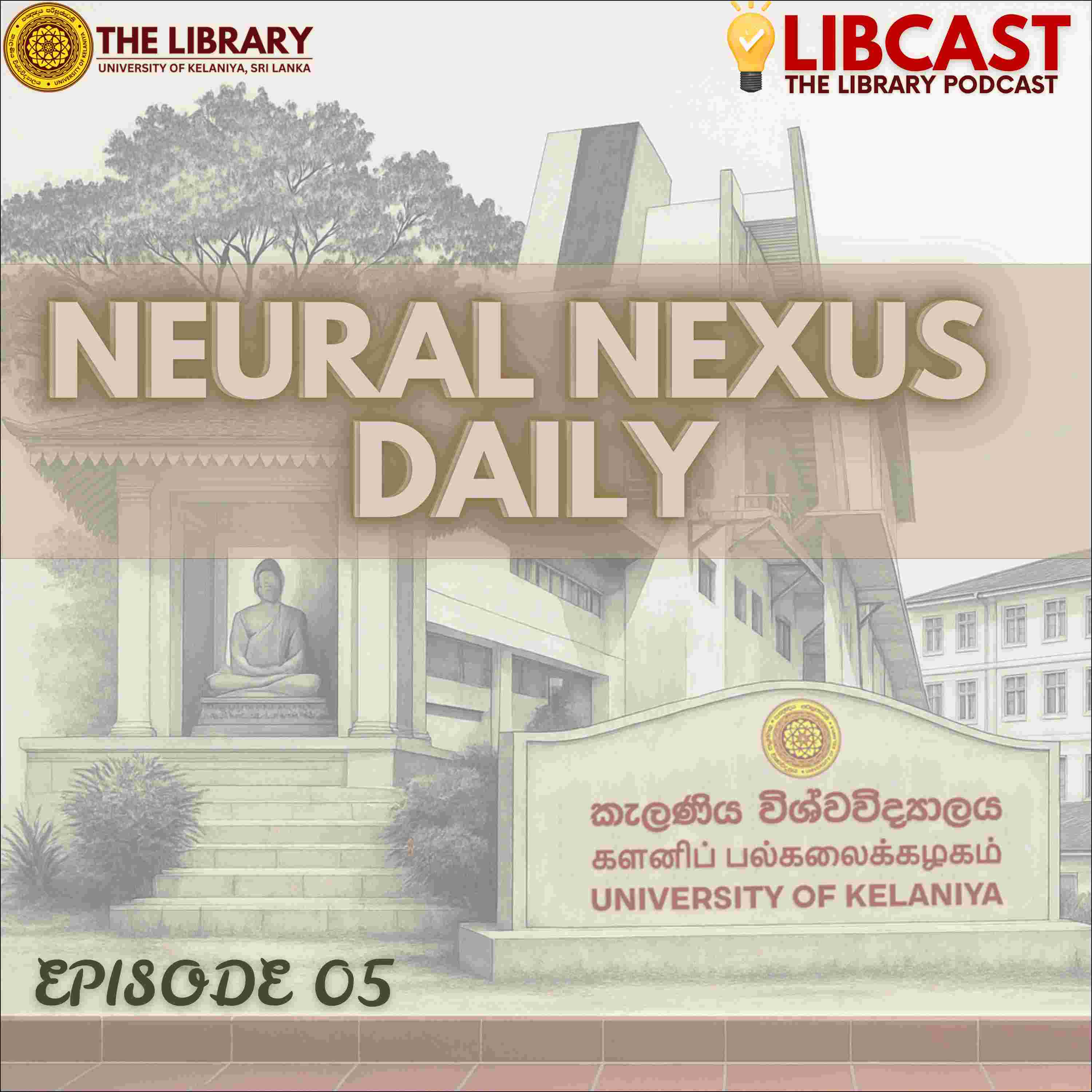

Could AI free academics up or increase the pressure to publish? | Neural Nexus Daily Episode 05
The podcast episode "The AI Dilemma: Academic Freedom or a New Publish-or-Perish?" from LIBCAST's "Neural Nexus Daily" series explores the profound implications of generative AI, like ChatGPT, for academic research and publishing.
The discussion begins by noting the rapid rise of AI and the initial anxiety it caused in higher education, primarily concerning student assessments. However, the focus quickly shifts to a deeper issue within scholarship: the use of AI in writing research papers. Early instances of ChatGPT being cited as a co-author prompted major publishers like Science and Springer Nature to prohibit the practice, highlighting the speed at which new norms are being established. Still, a consensus is lacking, with different journals adopting varying policies on AI-assisted writing.
The script argues that this debate raises a fundamental question: Why are academics turning to these tools? The answer lies in the intense, long-standing pressure of the "publish or perish" culture. In a system that quantifies success through publication volume, a technology that automates writing is incredibly seductive. The episode cites statistics showing the already massive scale of academic publishing—with over 2.5 million articles published annually—and questions how this volume might explode if AI becomes a standard tool.
This situation presents the academic community with a critical choice, framing it as a "crossroads."
One path is a negative one, where individual researchers, driven by anxiety and institutional pressure, use AI to churn out more papers. This could lead to a flood of low-quality content, devalue scholarship, and increase burnout.
The alternative, more optimistic path involves a collective, intentional approach. Here, academics could use AI to automate routine and tedious tasks—like formatting citations or summarizing literature—thereby freeing up valuable time and mental energy for the deep, creative thinking that is the true heart of scholarly work. This could lead to a more creatively fulfilling and less stressful academic life.
The episode concludes that the impact of AI is not predetermined by the technology itself. Instead, it will be defined by the choices the academic community makes about its own values, goals, and what it truly means to engage in a life of the mind.
#LIBCAST,#NeuralNexusDaily,#AIinAcademia,#GenerativeAI,#AcademicPublishing,#PublishOrPerish,#HigherEd,#FutureOfResearch,#ResearchEthics,#ChatGPT